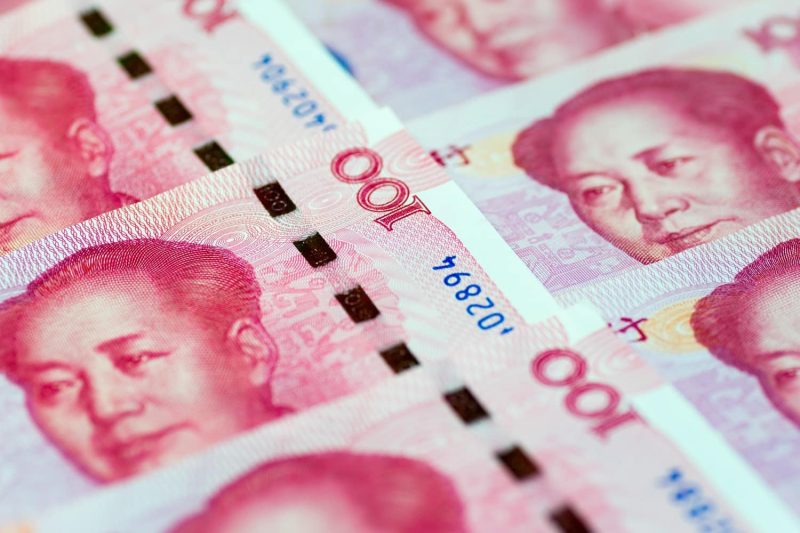
Banks are flocking to join China’s digital yuan pilot program, with more than 60 now offering users wallets for the central bank digital currency (CBDC).
The Chinese CBDC, known as the Digital Currency Electronic Payment (DCEP), is set to become the first major digital currency launched by a central bank. The People’s Bank of China (PBOC) has been drafting and testing the currency since 2014, and has now opened it up to banks and designated tech companies for testing.
According to the PBOC, banks like Bank of China, China Merchants Bank, and Industrial and Commercial Bank of China have already opened up wallets to users, with nearly sixty banks now offering the service. Several technology companies, including Tencent and Alibaba, have also begun experimenting with the DCEP.
The digital yuan is designed to facilitate more efficient and secure transactions, as well as to reduce the risk of counterfeiting. Payments of digital yuan are based on “zero-knowledge proofs,” which provide complete privacy by ensuring that the transaction can be verified without revealing any additional information about the sender and receiver.
The pilot program is being tested in China’s four major cities—Beijing, Shanghai, Chongqing, and Shenzhen—as well as in some rural areas. The program is also being tested in two free-trade zones and a cross-border area.
The PBOC has indicated that the digital yuan will eventually become the yuan’s primary payment method, but that it has no plans to replace physical cash. In recent months, the digital yuan has been tested in a number of trials, including the “red envelope” cultural tradition, which involves giving small gifts of money for the Lunar New Year.

